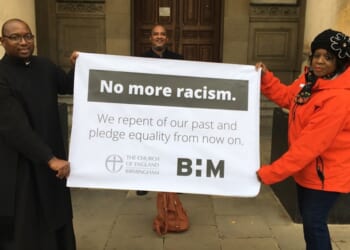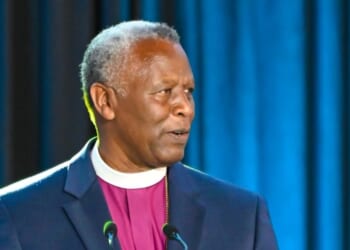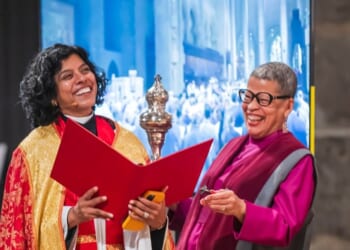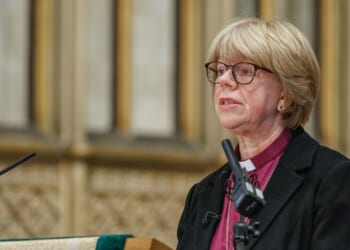AT THE time of writing, the ceasefire in Gaza is barely holding. The pause in the general fighting means that the agony for most of the Israeli hostage families has ended, and the bombardment of the people of Gaza is at least no longer constant. President Donald Trump has been enjoying his moment in the sun as the peace-broker, although a poll last week suggested that most Americans were sceptical that the deal would mean a complete and total end to the war. But, even if the ceasefire does not fall victim to further actions such as those of Tuesday evening — as we should all pray that it does not — it would be naïve in the extreme to assume that peace has broken out in the Middle East. There’s no agreement on how to run Gaza now. And the plans for achieving a future in which Israelis and Palestinians can co-exist in harmony and peace remain decidedly sketchy.
Meanwhile, Gaza lies in ruins. Rebuilding it is a task of unimaginable proportions. Tom Fletcher, the UN’s Humanitarian Affairs chief, told Nick Robinson in a BBC interview last weekend that, while driving up the Saladin Road towards Gaza City just days before, he had passed miles and miles of twisted rubble and concrete. “It felt to me like I was driving through the winds of Hiroshima or Stalingrad or Dresden,” he said. He noted, almost in passing, that, despite the starvation of the human population, the dogs seemed to be surprisingly well fed — only for the penny to drop that they were feeding on human corpses.
The most pressing need now is to distribute humanitarian relief as quickly and efficiently as possible. The UN’s 60-day plan involves distributing a million meals a day. Mr Fletcher said that he had allowed himself a brief moment of triumph (“I felt like we’d scored a goal”) when the first aid trucks finally made it through the Rafah border crossing. The unpalatable truth is that those trucks are a drop in the ocean, in the Gaza Strip and around the world. There are 307 million people globally in need of humanitarian aid today — but such are the cuts to international aid budgets that the UN is having to prioritise approximately 114 million of those. In other words, it is having to turn its back on almost two-thirds of the world’s poor and hungry, in full knowledge of the consequences, because the nations in a position to offer money and clout are no longer prepared to. Mr Fletcher said that he didn’t believe that people were any less kind or generous than they had been in the past, but that new mechanisms were needed.
The scale of unmet needs can at times feel overwhelming. It is easy to despair. But Christians can make a difference in several ways: by lobbying the Government not to give up on international aid; by advocating for those in need; by giving to the relief effort; and, of course, by continuing to pray for the peace of Jerusalem.

















